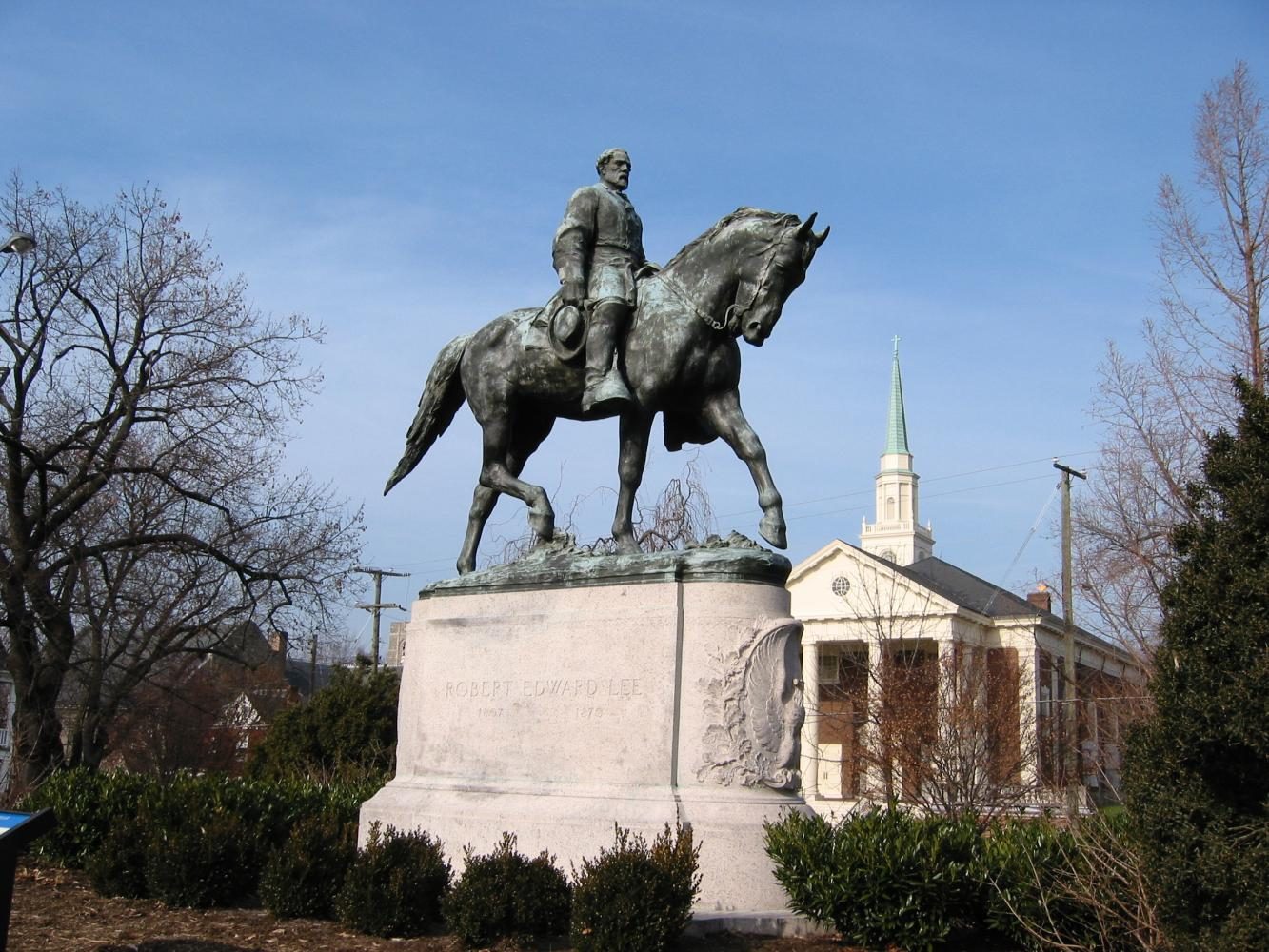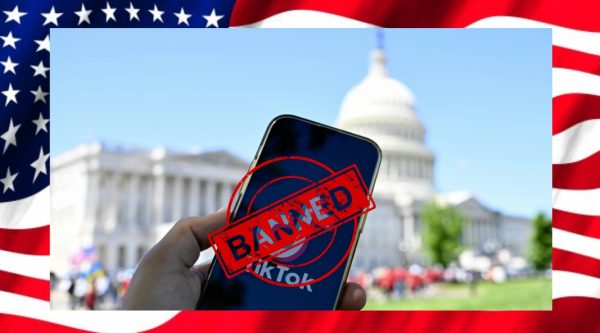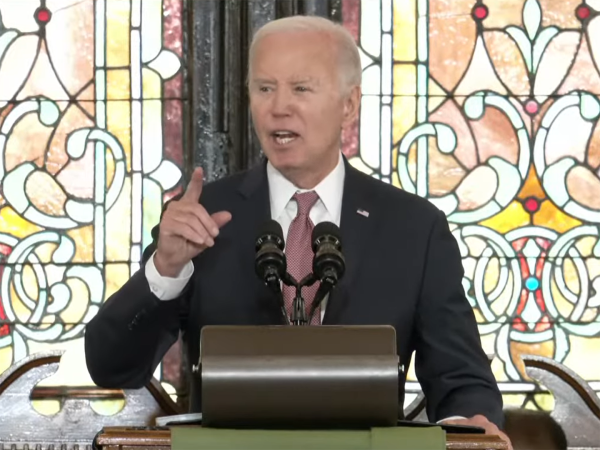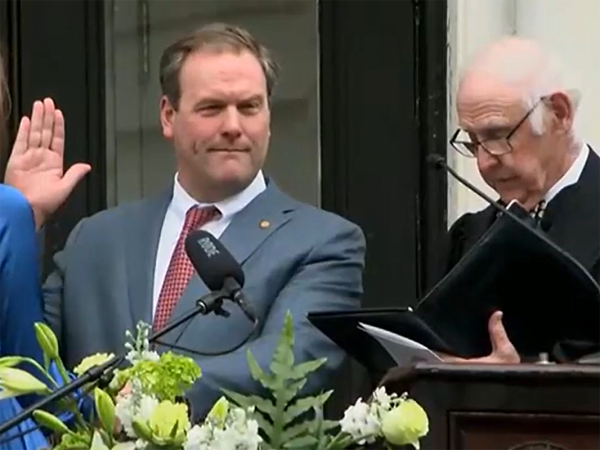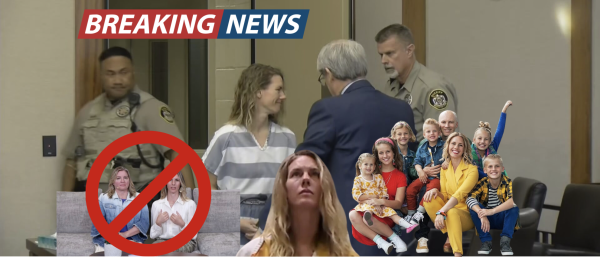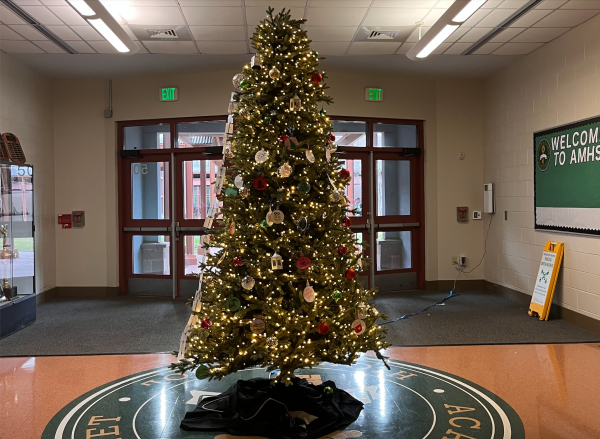Charlottesville Protests Raises Questions About Confederate Statues
In case you were living under a rock, a ‘Unite the Right’ rally was held in Charlottesville Virginia earlier this August, provoking a group of counter-protesters, and ultimately resulting in the death of one civilian, Heather Heyer, after a white-supremacist drove their car into the crowd of counter-protesters. Unorganized policing and confusion led to the two groups meeting, igniting violence and increasing tensions. The rally was in response to plans to remove a statue of Confederate General Robert E. Lee, which offended the alt-right. Proposals for the removal of Confederate statues have begun to gain more popularity, as the statues are viewed by some as glorifying the Confederacy and unsuitable for public recognition. I surveyed two Magnet freshman on the incident and their opinions on the removing statues of controversial historical figures, including Charleston’s very own John C. Calhoun. One student, Joel Herndon, felt that the violence was primarily caused by “a bunch of white-supremacists,” and condemned their motives. However, he argued against the total removal of the Robert E. Lee statue, stating: “it’s a statue and should not be removed, it’s a part of history…our culture has gotten too PC, we cant talk about about slavery.” His statement addresses a prevalent concern in our society: the balance between supporting the comfort of the public and maintaining awareness of our nation’s past. In terms of the local statue of John C. Calhoun, which has been removed via mob on multiple occasions due to his reputation as a harsh slave owner, Joel suggests “putting it in a museum,” as a compromise to control the environment in which the figure is represented to better educate the public. Similar to Joel’s response, freshman Devon Mulligan believes that the statue of Calhoun should be removed from its current public location, but that he should be placed in a statehouse to acknowledge his role in government. Placing a former senator that supported the succession of South Carolina from the Union in the statehouse may be viewed as an honorable placement versus an educational placement. Regarding the Robert E. Lee statue in Charlottesville, Devon noted that, as a former resident of Virginia, the Confederate statues are “such a big part of our history” that they should by no means be completely destroyed. The violence and protest in Charlottesville shows evidence of the danger in upholding negative historical figures in public, where their importance is determined through limited knowledge and may reflect a false-glorification.



